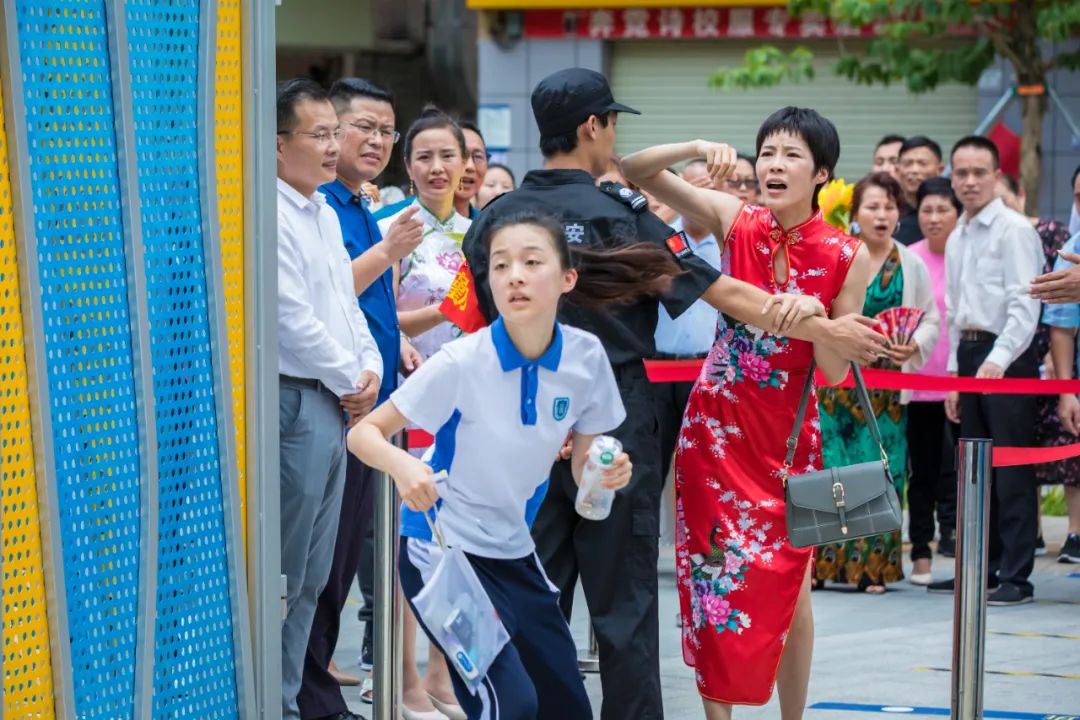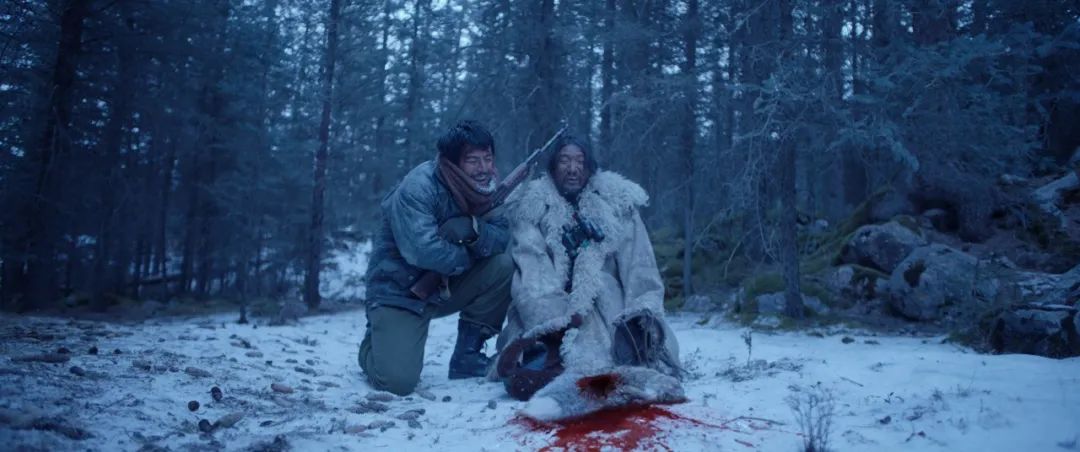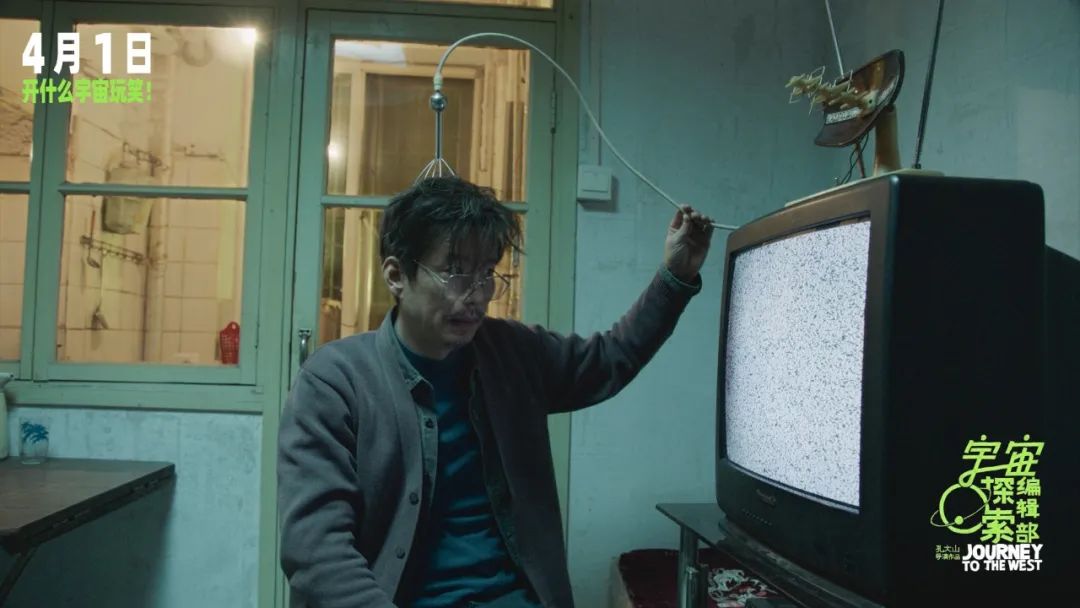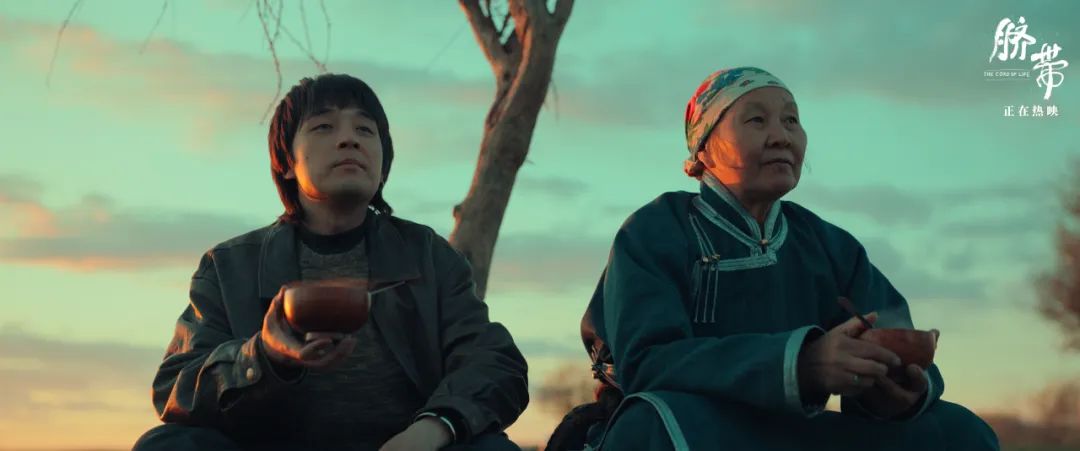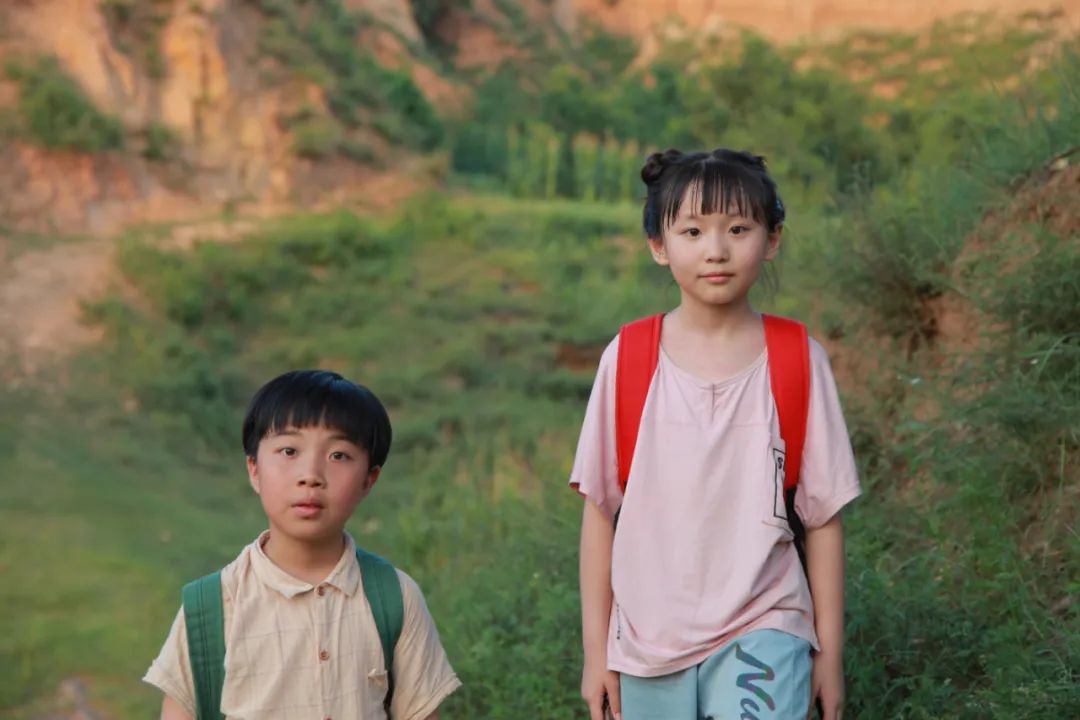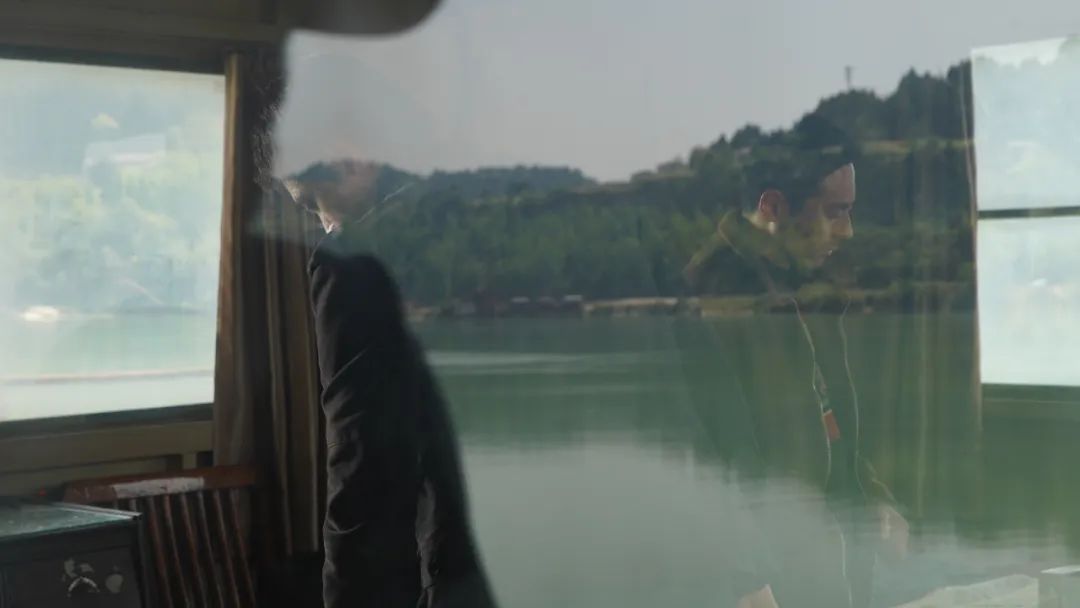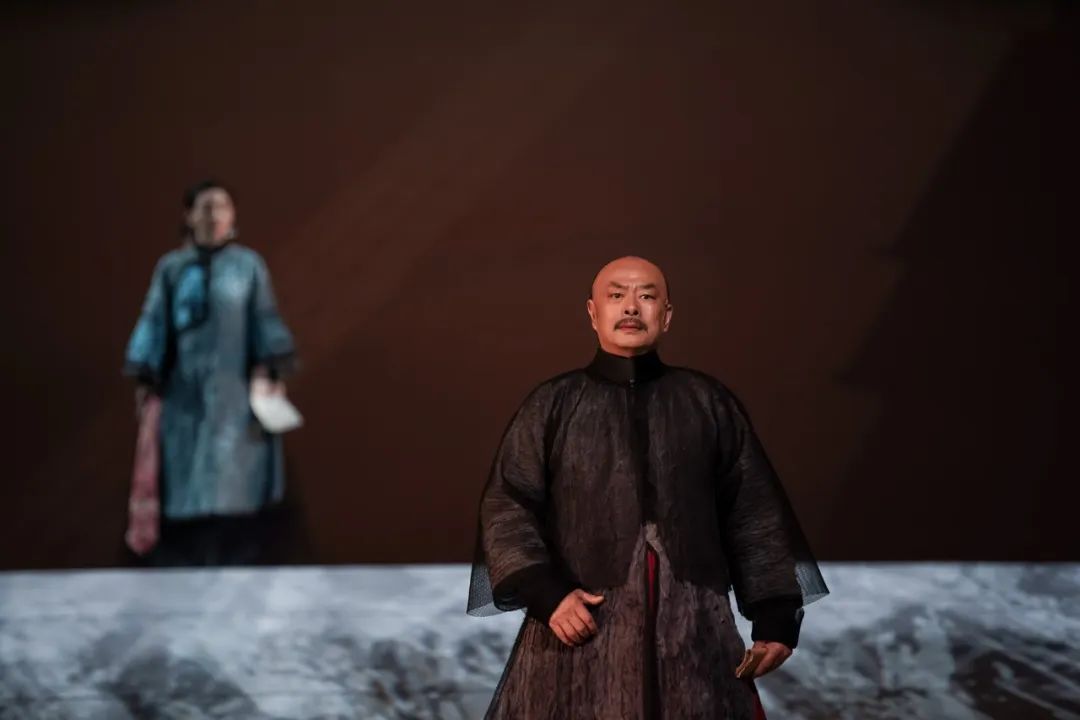Low- and mid-budget films have gained in popularity as an important area for filmmakers in recent years. Thanks to national policies, low- and mid-budget films serve as an important supplement to diversified creation and grow into an important force in the film market.
The “Chinese New Wave” section is a permanent section of the BJIFF’s Beijing Film Panorama that pays ongoing attention to the development of young Chinese filmmakers and acts as an important platform for scouting and promoting young filmmakers.
Based on this, the 13th BJIFF will hold screening of low- and mid-budget films through the “Chinese New Wave” section. Supported by the Office of National Commission for the Management of Special Funds for the Development of Film Industry, the screening of low- and mid-budget films will present a number of eagerly-anticipated Chinese masterpieces with different genres.
A still from Me and My Tiger Mom
Me and My Tiger Mom, directed by Zhang Wei, follows a typical family of three as the parents help the daughter cope with the fiercely competitive senior high school entrance examinations. The mother refuses to accept that her only daughter, Ai Ke, will not be admitted to higher education at the age of fourteen or fifteen, while Ai Ke has to resign herself to her mother’s high-pressure management, with her father implicated in the mother-daughter conflict. As the entrance examinations approach, the film leaves the question of whether the family will fall apart or achieves reconciliation for all families in similar circumstances. It is also a profound reflection on Chinese-style family education. On April 26, director Zhang Wei will lead the cast & crew to attend the post-screening exchange event.
A still from One and Four
The film One and Four, directed by a new-generation Tibetan director Jigme Trinley, is a long-awaited film for fans. The film, in which Pema Tseden acted as the executive producer, Wang Lei as the producer, and Lyu Songye as the director of photography, recounts an allegorical story of the game between a ranger and a poacher. The film marked a breakthrough in the cinematic genre and industrialized production of Tibetan films, with a maze-like narrative and commendable character shaping and temperament. The film features a characteristic audiovisual style and intriguing interior scheduling. It also boldly used the subjective shot similar to the game perspective.
The film was shortlisted for the Competition section of the Tokyo International Film Festival and the Young Cinema Competition (World) at the Hong Kong International Film Festival, and won two awards at the just-concluded Asian Film Awards: Best Directorial Debut and Best Cinematography. On April 22, the cast & crew will attend the post-screening exchange activity of the film.
A still from Journey to the West
Journey to the West, in which Kong Dashan acted as the director and Wang Hongwei and Frant Gwo as the executive producers, won the “Most Popular Feature Picture” award at the “Forward Future” section of the 12th BJIFF, and has become a phenomenal film masterpiece for young audience. The film follows Tang Zhijun, editor-in-chief of a magazine, as he searches for aliens using the mockumentary approach. Inspired by Chinese and foreign masterpieces such as Journey to the West and Don Quixote, the film shows ample affection in irony as well as sincerity in absurdity, making it a must-see masterpiece of the year. On April 21, the cast and crew including director Kong Dashan will attend the post-screening exchange activity of Journey to the West to talk about the creation of this work.
A still from Kong and Jigme
Kong and Jigme, co-directed by Chen Guoxing and Lhapal Gyal, is a mainstream film with distinctive characteristics of artistic exploration. The film starts from the perspective of Kong, a Han Chinese, who gained a deeper understanding of Tibetan culture and lifestyle while working in Tibet and made trusted friends. Song Yang and Jinpa starred in the film, and their portrayals of the characters’ transformation and friendly sentiments were touching. The film’s attention to expressing the emotions and feelings of the characters has a lasting impact. On April 27, director Chen Guoxing will attend the film’s post-screening exchange event.
A still from The Cord of Life
The Cord of Life is a masterpiece directed by the young filmmaker Qiao Sixue, with Yao Chen and Cao Yu as executive producers. Cao Yu also served as the director of photography. The film tells the story of Alusi, a young musician of no fixed abode, who returns to his hometown to look after his mother with Alzheimer’s disease. The “umbilical cord” symbolizes the affection and bond between mother and child, and has emotional power. The meticulously produced film features stunning photography. Its outstanding artistic quality has been recognized by film festivals, as evidenced by being shortlisted for the “Asian Future” section of the Tokyo International Film Festival and the “Golden Coconut Award” the “Best Technology Award” at the Hainan Island International Film Festival. On April 28, director Qiao Sixue and executive producers Yao Chen and Cao Yu will attend the post-screening exchange event.
A still from Girls and Boys
Girls and Boys is directed by young female filmmaker Li Jiaxi and produced by Wang Zhonglin, starring Zhao Xiaorui, Sun Shangze, Zhang Luochen, Li Jiaxi, Dou Jixiang, et al. The film tells the story between girls and boys in a realistic way. Extensive life-like details and scenarios in the film truly present the relationship between the families of characters and their classmates, and reflect the changes in people’s attitudes towards girls and boys, which is of great practical significance. On April 25, director Li Jiaxi will lead the crew and cast to attend the film’s post-screening exchange event.
A still from Karma
The film Karma, directed by young filmmaker Zheng Peike, tells a story about a different father-son kinship. The previous boatman became the owner of the ship, and the son of the ship owner became the boatman. The film accurately describes the establishment of father-son kinship in a genuine manner. The film was produced with great care. The aesthetic photography fits in nicely with the changes in the mentality and relationship of the characters, demonstrating the consummate technical skills of the crew. The film was displayed at the Pingyao Crouching Tiger Hidden Dragon International Film Festival and won the honor of “Fei Mu Award for Best Film”.
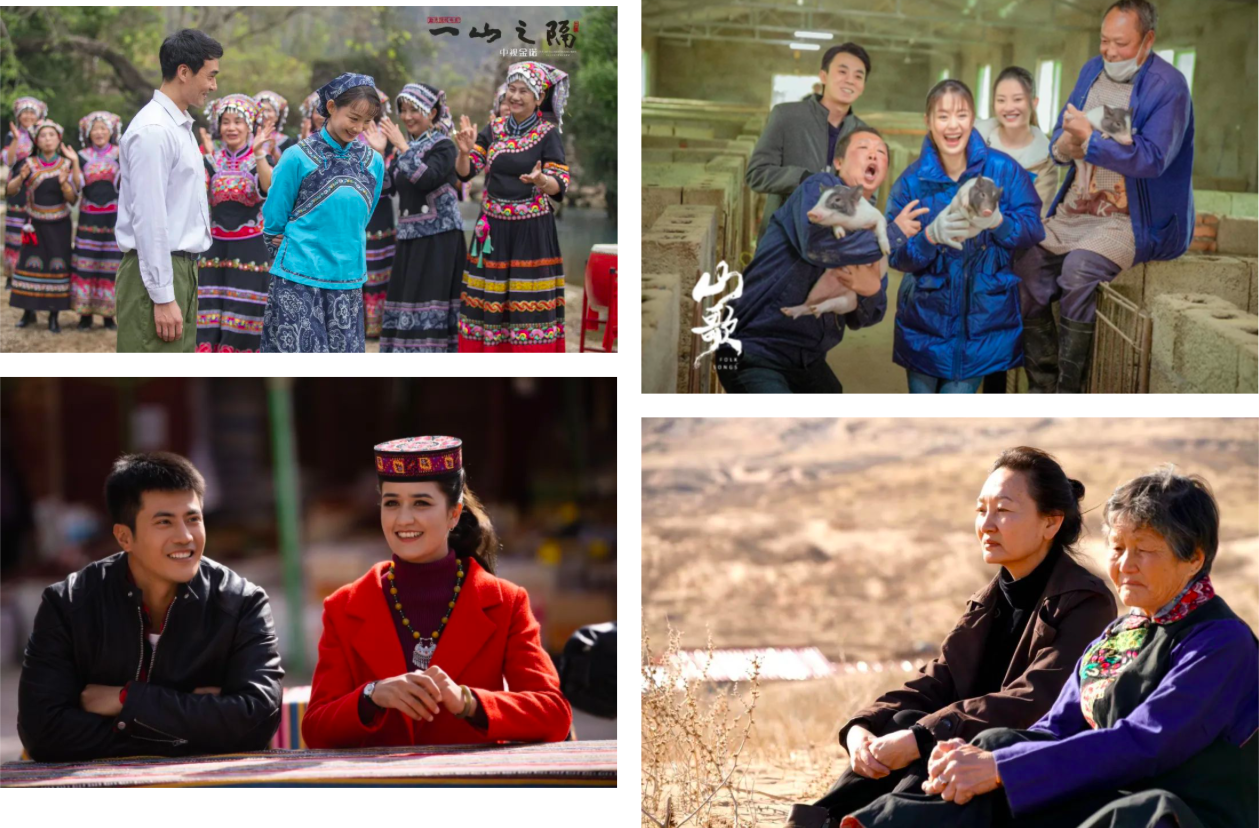
Stills from One Mountain Away, Folk Song, The Sun Shines on Tashkurgan, Balin Tana
The two works One Mountain Away and Folk Song focus on female primary-level cadres who lead villagers to get rid of poverty and become rich in ethnic minority areas, demonstrating the customs of ethnic minorities in Qiannan in Guizhou and Daliangshan in Sichuan as well as breathtaking scenery. The Sun Shines on Tashkurgan, based on the true deeds of six cadres who aided local development in Xinjiang, extols the simple yet sincere ordinary new-generation people who devote themselves to poverty alleviation. The three films showcase the meticulous attitude and hardships in the great poverty alleviation program in China from different angles. Balin Tana, which was nominated for Best Low- and Mid-budget Feature Film at the 35th Golden Rooster Awards, tells a real but not plain story that warms the cockles of your heart without any traces of a tear-jerker. The innovative theme expression adds to the techniques of national films while describing the feelings, life and choices of an independent woman in the new era full of love.
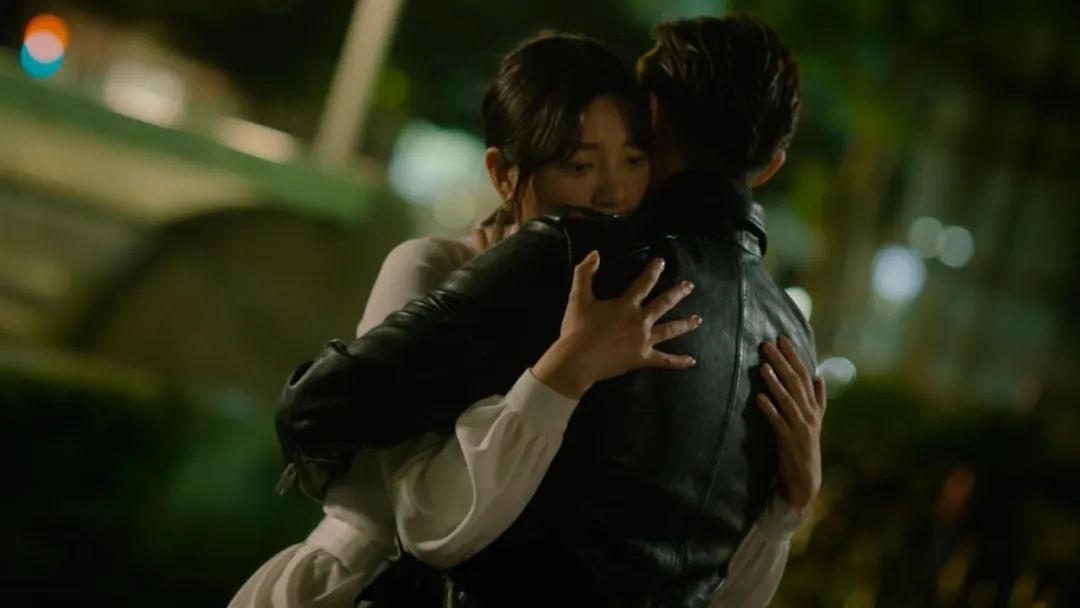
A still from Mountain Forest
In addition to low- and mid-budget films, the Chinese New Wave section will also feature Mountain Forest, which has Jiang Ning as the director and screenwriter and stars the famous actor Li Kangsheng. The film depicts the emotions and connections among the characters in the story under the guise of gangster film genre. The film features both sensational fight scenes and painstaking psychological portrayals. A significant highlight is Li Kangsheng playing the role of a has-been gang boss in a way different from his usual performance style. Where should he go in a world that has changed? On April 26 and 28, director Jiang Ning will attend the film’s post-screening exchange event, and distinguished Hsiao Chien will attend the post-screening exchange on April 26.
A still from Lin Zexu
The stage art documentary Lin Zexu is produced by the National Centre for the Performing Arts. Wang Xiaodi acted as the stage director, Yang Dongsheng as the film director, and Guo Qihong as the screenwriter in the documentary starring Pu Cunxin, Hong Tao, Xu Fan, Guo Da and Guan Dongtian. The film reproduces a theater’s immersive feeling, with stage performance details as per film-level production standards.
The film features A-list actors. The performing artist Pu Cunxin plays the role of Lin Zexu, “a great man who emerges only every hundred of years”, with his superb skills in an all-round way. This screening will feature a 4K version of the film that is not to be missed.
Watch excellent Chinese-language films at BJIFF. Please stay tuned for more surprising masterpieces at BJIFF.


